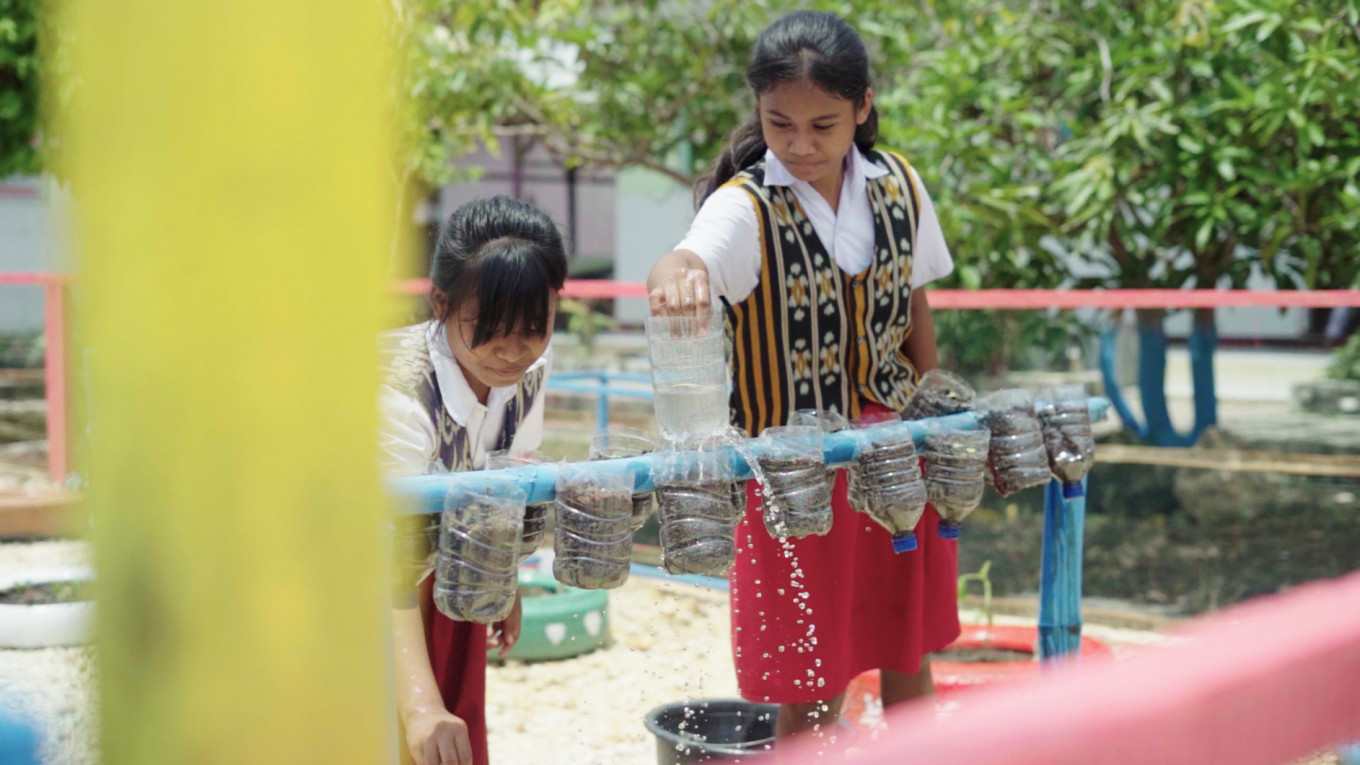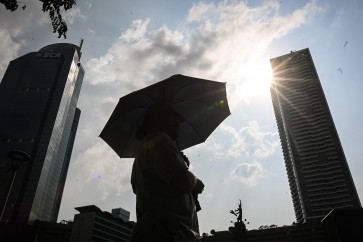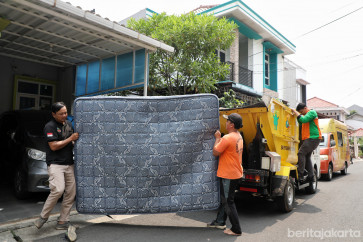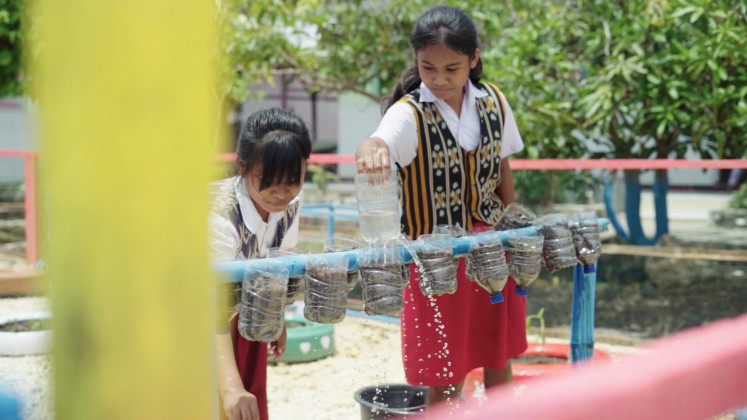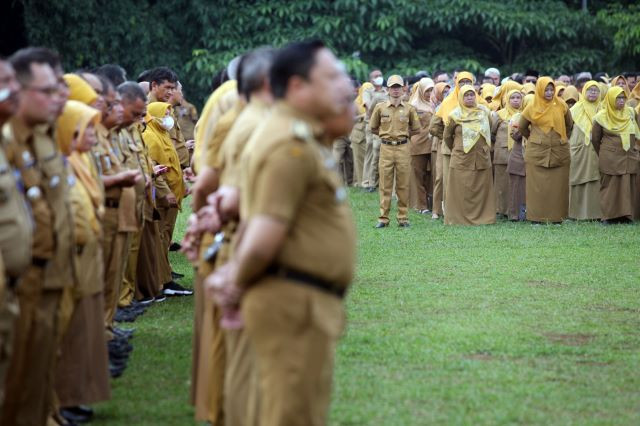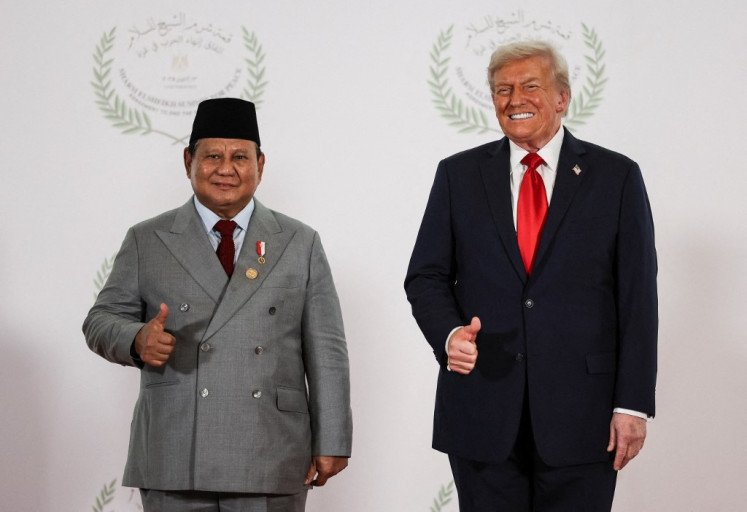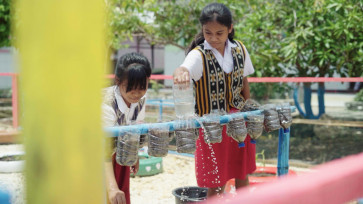Popular Reads
Top Results
Can't find what you're looking for?
View all search resultsPopular Reads
Top Results
Can't find what you're looking for?
View all search resultsBeyond the treaty table: Advancing action on plastic pollution
The lack of a global plastics treaty does not mean that people are standing idly by: communities, businesses and governments are already moving forward with national plans to tackle the scourge of plastic pollution.
Change text size
Gift Premium Articles
to Anyone
I
t is tempting to view the inconclusive talks on a global plastics treaty as evidence of stalled progress. The level of ambition, priorities and the right balance between production and consumption measures and improving waste management remain fiercely debated. Yet this narrative overlooks what is unfolding on the ground in boardrooms, government ministries and cities worldwide.
The real source of hope lies not in waiting for a treaty but in the momentum of action already underway.
The recent resumption of global plastics treaty negotiations in Geneva drew worldwide attention as thousands of environmental leaders came together to tackle one of the planet’s most urgent crises: plastic pollution.
Momentum has long been building toward a legally binding agreement, often compared to the Paris Climate Accords, but the latest session ended without a final text, revealing both the complexity of the issue and the challenge of uniting nearly 180 nations behind a common plan.
International agreements are, by nature, difficult to achieve, especially on issues as widespread and interdisciplinary as plastic pollution. But while leaders debate legal text and seek consensus, much of the world is not standing still. Governments, companies and communities are moving ahead, shaping national plastic action plans, investing in better collection and recycling systems and setting new standards for product design and disclosure.
Experience across more than two dozen countries in the Global Plastic Action Partnership (GPAP) shows how transformative national and local leadership can be. Through National Plastic Action Partnerships (NPAPs), platforms that unite key stakeholders to develop and implement solutions, progress is accelerating.
In Ghana, women in Kumasi have received financial literacy training, while waste pickers in Tamale formed the Gbalahi Zoho Informal Waste Actors Association, gaining recognition and safer working conditions. This community-level action is reinforced by national leadership, with Ghana’s president endorsing the NPAP and calling for a regional framework through the East Community of West African States (ECOWAS). In Ecuador, the NPAP is driving action in the Galapagos Islands, where protecting biodiversity depends on innovative approaches to plastics management.

